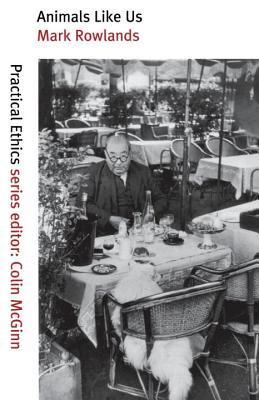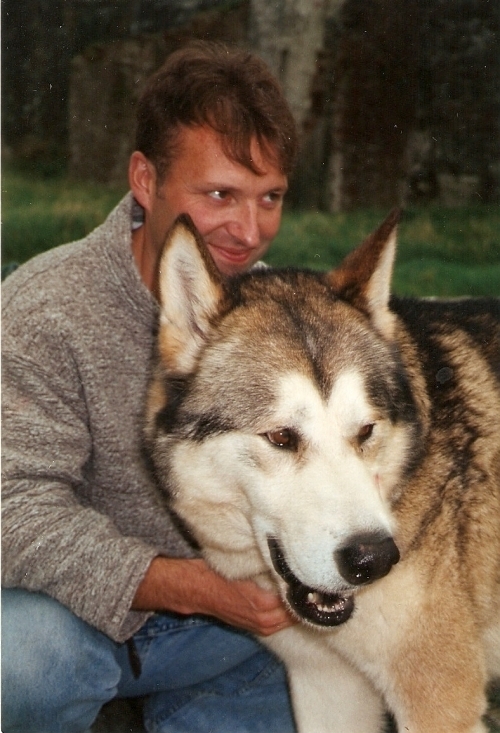
Foot and Mouth and Mad Cow Disease are but two of the results of treating animals as commodities, subject only to commercial constraints and ignoring all natural and moral considerations. Chickens hanging by their necks on conveyor belts, caged pigs covered in sores, bloated dead sheep with their legs in the air, mutilated dogs waiting to die after undergoing horrendous experiments in the name of science or just product testing—these are some of the images that illustrate the indifference of a consumerist society to the suffering of animals. Few are willing to recognize that the packaged sanitized supermarket meat that materializes on their dinner tables every day is the result of an industrial process involving unimaginable pain and suffering. We would be horrified if our pets were harmed, yet every day we eat animals that have been tortured and executed. Mark Rowlands claims that it is simply unjust to harm animals. A conscious sentient beings, biologically continuous with humans, they have interests that cannot simply be disregarded. Using simple principles of justice, he argues that animals have moral rights, and examines the consequences of this claim in the contexts of vegetarianism, animal experimentation, zoos and hunting, and animal rights activism.
Author

Mark Rowlands was born in Newport, Wales and began his undergraduate degree at Manchester University in engineering before changing to philosophy. He took his doctorate in philosophy from Oxford University and has held various academic positions in philosophy in universities in Britain, Ireland and the US. His best known work is the book The Philosopher and the Wolf about a decade of his life he spent living and travelling with a wolf. As The Guardian described it in its review, "it is perhaps best described as the autobiography of an idea, or rather a set of related ideas, about the relationship between human and non-human animals." Reviews were very positive, the Financial Times said it was "a remarkable portrait of the bond that can exist between a human being and a beast,". Mark Vernon writing in The Times Literary Supplement "found the lessons on consciousness, animals and knowledge as engaging as the main current of the memoir," and added that it "could become a philosophical cult classic", while John Gray in the Literary Review thought it "a powerfully subversive critique of the unexamined assumptions that shape the way most philosophers - along with most people - think about animals and themselves." However, Alexander Fiske-Harrison for Prospect warned that "if you combine misanthropy and lycophilia, the resulting hybrid, lycanthropy, is indeed interesting, but philosophically quite sterile" and that, although Rowlands "acknowledges at the beginning of the book that he cannot think like a wolf... for such a capable philosopher and readable author not to have made the attempt is indeed an opportunity missed." As a professional philosopher, Rowlands is known as one of the principal architects of the view known as vehicle externalism or the extended mind, and also for his work on the moral status of animals.